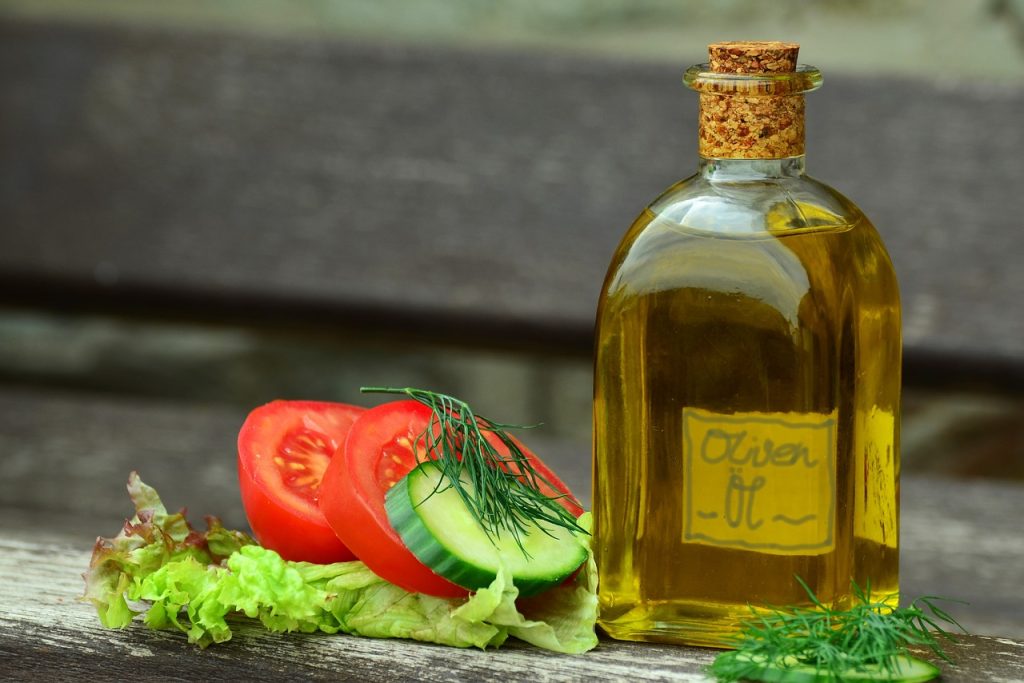Recent research conducted by Tohoku University in Japan suggests that the traditional Japanese condiment wasabi, known for its pungent taste, may have beneficial effects on cognitive function in older adults. This study focuses on the impact of a moderate intake of wasabi on working and episodic memory among individuals aged between 60 and 80.
The primary compound in wasabi, 6-methylsulfinyl hexyl isothiocyanate (6-MSITC), was isolated and administered in tablet form to participants over a 12-week period. The outcomes revealed a significant enhancement in memory functions among those who consumed the wasabi supplement, as opposed to those who were given a placebo.
However, it’s crucial to note that improvements were specifically observed in memory performance, with no significant changes detected in other cognitive domains.
Despite these promising results, experts like Dr. Clifford Segil and Monique Richard emphasize the need for further research to validate these findings and explore the effects of wasabi in its natural form versus supplement form.
They also highlight the importance of incorporating a variety of nutrient-rich foods into one’s diet to support overall cognitive health. Foods rich in magnesium, folate, B6, zinc, vitamin D, and omega-3 fatty acids are particularly recommended for their known cognitive benefits.
This study adds to the growing body of evidence supporting the cognitive benefits of certain foods and spices, alongside advocating for a balanced diet, social engagement, and continuous learning as key factors in maintaining cognitive health as we age.
Source: Medical News Today
Image by Ulrike Mai from Pixabay


